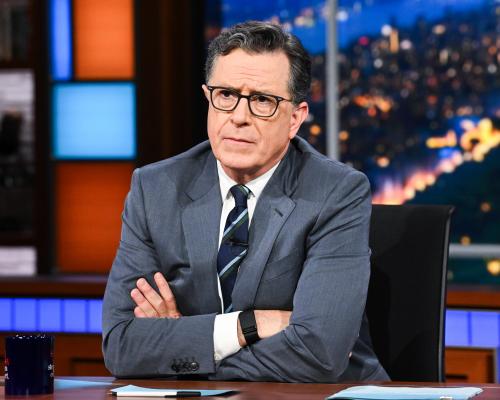CBS announced today that it will cancel The Late Show with Stephen Colbert at the end of its current season in May 2026. The move marks the end of the Late Show franchise, which first launched in 1993 with David Letterman and has been hosted by Colbert since 2015. Although Colbert has consistently led the late-night ratings for nine consecutive seasons and drew an average of 2.42 million viewers in the second quarter of 2025, network executives cited rising production costs and a shifting media landscape as the primary reasons for the decision. Colbert reportedly earns $20 million annually, and the show’s large production staff contributes to an annual deficit estimated at over $40 million.
The timing of the announcement has raised eyebrows, coming just days after Colbert used his monologue to criticize CBS parent company Paramount Global’s $16 million settlement with former President Donald Trump. Colbert called the settlement a “big fat bribe” amid the company’s proposed $8.4 billion merger with Skydance Media, a deal that will require regulatory approval. Members of Congress, including Senators Adam Schiff and Elizabeth Warren, have called for greater transparency, questioning whether the show’s cancellation was politically motivated. Former President Trump celebrated the news on his Truth Social platform.
Colbert addressed the cancellation during Thursday’s taping, revealing that he had only learned of the decision the night before. Fighting back emotion, he vowed to continue delivering high-quality shows through May and said, “I wish somebody else was getting it… this is all just going away.” A wave of public support followed, with colleagues and celebrities such as Jimmy Kimmel, Rachel Zegler, Jon Batiste, and Andy Cohen expressing disappointment and concern over the future of political satire on network television.
CBS insists that the cancellation was purely financial, pointing to broader industry trends that have affected all of late-night TV. NBC recently reduced the taping schedule for The Tonight Show, and CBS itself canceled After Midnight earlier this year. No replacement has been announced, and CBS has confirmed it will retire the Late Show brand entirely.
The end of Colbert’s run signals not only the conclusion of a successful era in late-night television but also underscores the challenges facing legacy media in an age dominated by streaming, shrinking ad revenue, and political tension. Whether Colbert resurfaces in a new format—or whether his departure is a harbinger of further contraction in political comedy—remains to be seen.




